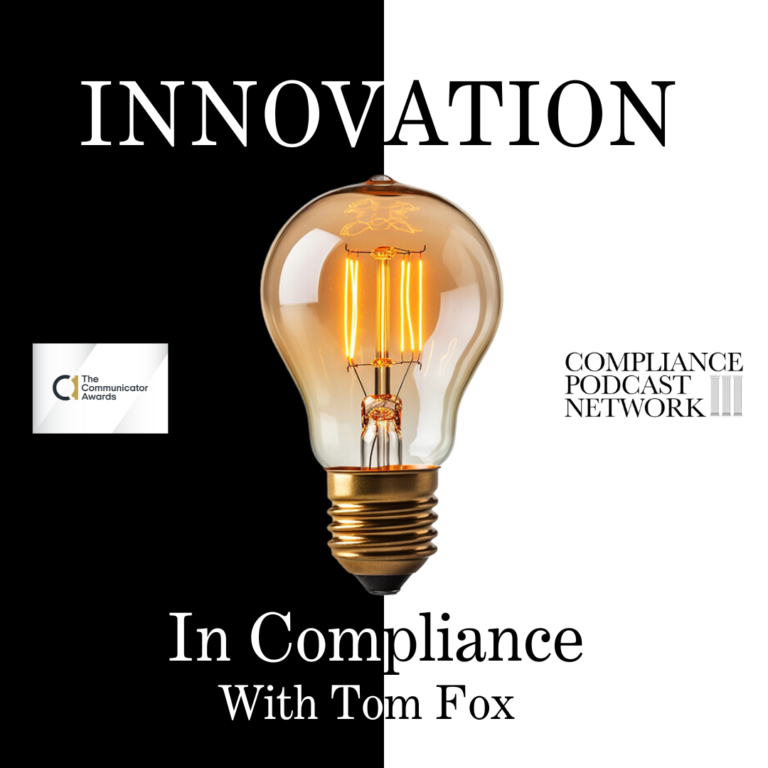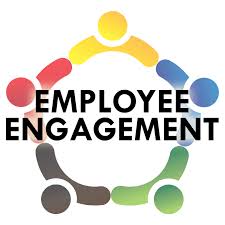In her recent speech at the Society of Corporate Compliance and Ethics 23rd Annual Compliance & Ethics Institute. Principal Deputy Assistant Attorney General Nicole M. Argentieri spoke about the CWA and reviewed its early developments. (A copy of her remarks can be found here.) There was also updated information on the DOJ approach to whistleblowers and anti-retaliation found in the 2024 Update to the Evaluation of Corporate Compliance Programs (2024 ECCP). She addressed the growing importance of using data analytics to evaluate key aspects of a company’s corporate culture, particularly employee engagement, trust, and overall corporate ethics.
Assessing corporate culture is essential for compliance professionals. Culture is a powerful determinant of whether employees will adhere to company policies, report misconduct, and act ethically. The DOJ has made it clear through the 2024 ECCP that an organization’s culture of compliance is as critical as the controls themselves. Compliance programs must go beyond preventing misconduct and cultivate a culture where ethics and transparency are prioritized.
Employee engagement and trust are at the heart of this culture. Engaged employees are more likely to comply with rules and report issues. However, if there is a lack of trust—whether in the company’s leadership, policies, or reporting mechanisms—the risk of ethical lapses and misconduct increases. Data analytics can offer compliance professionals actionable insights into these hard-to-measure elements of corporate culture.
Leveraging Data Analytics for Cultural Insights
Traditionally, companies have relied on surveys, focus groups, and audits to assess employee engagement and trust. Despite their value, these methods frequently have limitations due to low response rates, biases, and a point-in-time perspective. On the other hand, data analytics offers ongoing, real-time insights across various indicators. Let’s explore how data analytics can help evaluate employee engagement, trust, and corporate culture:
Employee Engagement Data
Employee engagement can be a key indicator of whether a compliance program is likely to succeed. High levels of engagement suggest that employees are motivated, aligned with corporate values, and likely to act in the company’s best interest.
Metrics to Consider
- Employee Feedback Platforms. Tracking data from feedback platforms (such as pulse surveys or anonymous feedback tools) can provide insights into employee sentiment about their work environment and leadership.
- Participation in Training Programs. Data on employee participation in compliance training—especially voluntary programs—can offer insights into employees’ engagement with the company’s compliance initiatives.
- Use of Corporate Tools. Monitoring internal systems such as compliance hotlines, whistleblower portals, and internal messaging boards can help assess whether employees feel empowered to engage with compliance resources.
By monitoring engagement trends over time, compliance officers can detect shifts in employee engagement and intervene if levels drop. For instance, increasing non-compliance with mandatory training could be a red flag for broader cultural issues.
Trust in Leadership and Compliance Programs
Trust is a critical component of a successful corporate compliance culture. If employees do not trust leadership or the compliance function, they are less likely to report misconduct and more likely to turn a blind eye to ethical violations.
Metrics to Consider
- Whistleblower Reporting. Data on the number of whistleblower reports can be telling. A lack of reports may not necessarily indicate a lack of issues—it could signal a fear of retaliation or distrust in the reporting process.
- Retention Rates in High-Risk Areas. Monitoring employee turnover in areas that are considered high-risk (e.g., finance, procurement, or overseas offices) can help determine whether ethical concerns are driving departures.
- Survey Data on Trust Levels. Regular employee surveys on perceptions of leadership and the compliance program can offer a pulse on trust. The key is to go beyond traditional engagement surveys and ask questions about ethical concerns and trust in compliance leadership.
Combining survey data with data from whistleblower systems and employee retention analytics can offer a more nuanced view of whether employees trust leadership. A low reporting rate and high turnover in high-risk areas may indicate deeper cultural problems requiring intervention.
Monitoring Employee Behavior and Risk Indicators
One of the most significant ways data analytics can support compliance efforts is by detecting behavioral patterns that may indicate a lapse in corporate culture or potential compliance risks.
Metrics to Consider
- Expense and Travel Data. Analyzing expense reports and travel data patterns can reveal inconsistencies or potential misconduct, such as fraudulent claims or unauthorized spending.
- Email and Communication Analysis. Some companies use natural language processing (NLP) tools to analyze internal communications for warning signs of ethical issues. This can include detecting language that suggests rule-breaking, covering up misconduct, or expressing discontent with corporate policies.
- Business Unit Performance vs. Compliance Reporting. Comparing performance data across business units with the frequency of compliance-related issues can provide insights into whether high-performing units are cutting corners to achieve their results.
Behavioral analytics can help compliance professionals detect patterns before they escalate into larger issues. For example, if a particular business unit shows exceptional financial performance but is under-reporting compliance concerns, this could signal a risky culture of non-compliance.
Driving a Data-Driven Culture of Compliance
Implementing data analytics in your compliance program requires the right technology, processes, and, most importantly, corporate buy-in. As the DOJ highlighted in its recent updates to the 2024 ECCP, compliance personnel must have adequate access to relevant data sources and the resources to interpret and act on that data. Companies should invest in the same level of technology for their compliance functions as they do for their business operations.
Some of the keys every compliance program should consider to help implement a data-driven culture of compliance include the following strategies:.
- Build Cross-Functional Partnerships. Compliance teams should collaborate with human resources, IT, and business operations to gain access to the data they need. A cross-functional approach ensures compliance data is integrated into the company’s broader performance metrics.
- Foster Transparency in Data Use. Be clear with employees about how their data will be used, particularly in sensitive areas such as monitoring communication. Emphasizing the ethical use of data can help build trust.
- Regularly Reassess Your Metrics. As with any compliance program, the metrics used to evaluate corporate culture should evolve. New risks, technologies, and business challenges should inform your data strategy.
Strengthening Compliance through Analytics
The DOJ made clear in the Argentieri speech and the 2024 Update to the Evaluation of Corporate Compliance Programs that a data-driven approach to understanding employee engagement, trust, and corporate culture is essential for compliance success. Data analytics offers compliance professionals powerful tools to assess whether employees are following the rules and truly engaged in creating an ethical and compliant corporate environment.
As we look toward the future, companies prioritizing data analytics in their compliance programs will be better equipped to prevent misconduct, identify cultural risks, and foster a workplace that values ethics and transparency. For compliance officers, the time is now to embrace data analytics and use it to reinforce the foundation of a strong corporate compliance program.









